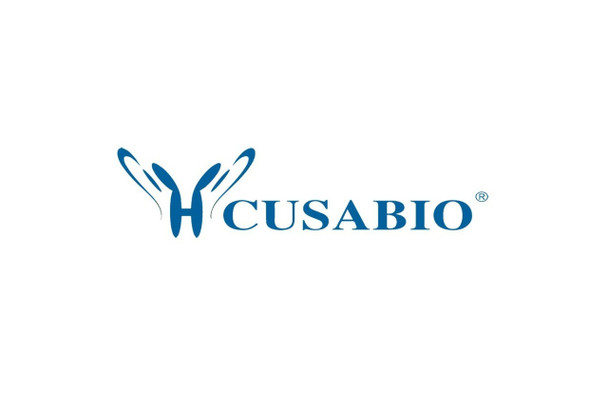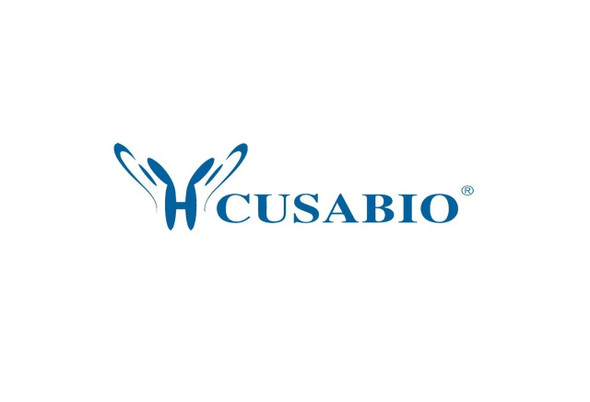Cusabio Polyclonal Antibodies
TNNI2 Antibody | CSB-PA024012ESR2HU
- SKU:
- CSB-PA024012ESR2HU
- Availability:
- 3 to 7 Working Days
Description
TNNI2 Antibody | CSB-PA024012ESR2HU | Cusabio
TNNI2 Antibody is Available at Gentaur Genprice with the fastest delivery.
Online Order Payment is possible or send quotation to info@gentaur.com.
Product Type: Polyclonal Antibody
Target Names: TNNI2
Aliases: Troponin I, fast skeletal muscle (Troponin I, fast-twitch isoform), TNNI2
Background: Troponin I is the inhibitory subunit of troponin, the thin filament regulatory complex which confers calcium-sensitivity to striated muscle actomyosin ATPase activity.
Isotype: IgG
Conjugate: Non-conjugated
Clonality: Polyclonal
Uniport ID: P48788
Host Species: Rabbit
Species Reactivity: Human, Mouse
Immunogen: Recombinant Human Troponin I, fast skeletal muscle protein (1-100AA)
Immunogen Species: Human
Applications: ELISA, WB, IHC, IP
Tested Applications: ELISA, WB, IHC, IP; Recommended dilution: WB:1:1000-1:5000, IHC:1:20-1:200, IP:1:200-1:2000
Purification Method: Antigen Affinity Purified
Dilution Ratio1: ELISA:1:2000-1:10000
Dilution Ratio2: WB:1:1000-1:5000
Dilution Ratio3: IHC:1:20-1:200
Dilution Ratio4: IP:1:200-1:2000
Dilution Ratio5:
Dilution Ratio6:
Buffer: PBS with 0.02% sodium azide, 50% glycerol, pH7.3.
Form: Liquid
Storage: Upon receipt, store at -20°C or -80°C. Avoid repeated freeze.
Initial Research Areas: Signal Transduction
Research Areas: Signal transduction














